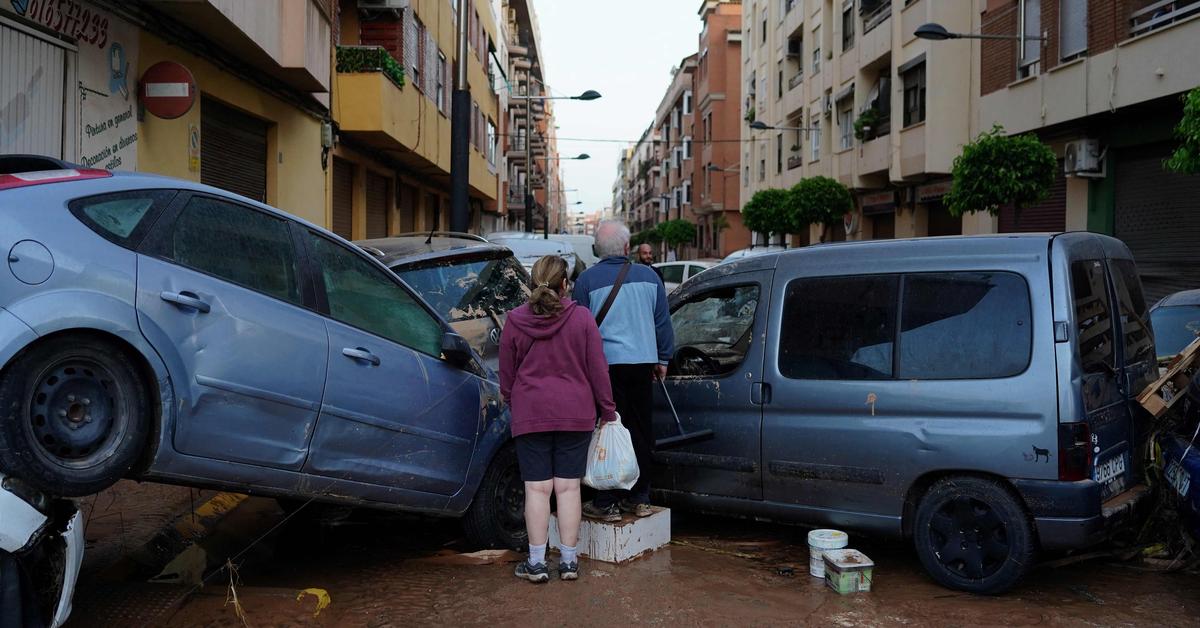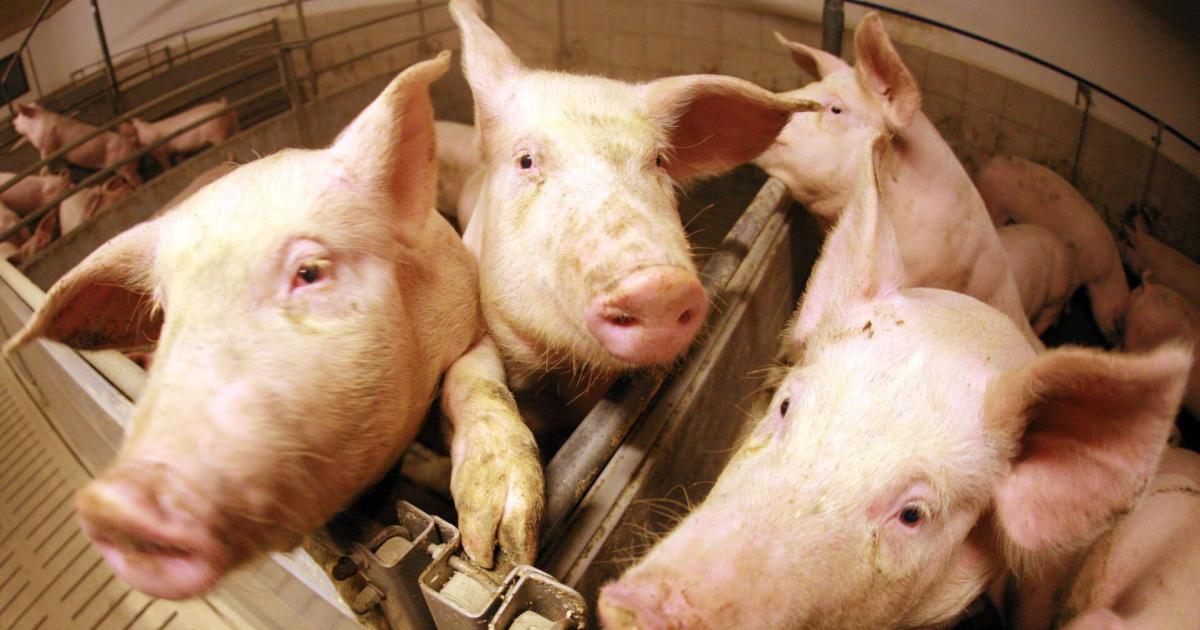The U.S. Department of Energy announced Friday that it will provide $3 billion to 25 battery manufacturing projects in 14 states. The Biden administration is working to shift the supply chain away from China.
These plans will boost domestic production of advanced batteries and battery products and follow US electric vehicle tax credits to shift battery production and key minerals away from China.
Awards fund battery quality critical mineral processing, components, battery manufacturing and recycling. The projects will generate a total investment of $16 billion and create 12,000 manufacturing and construction jobs, the ministry said.
“Mineral conservation is critical to climate protection,” said Ali Zaidi, White House climate adviser. “This positions us to lead the next generation of battery technologies, from solid-state batteries to other new chemical processes.”
Albemarle will receive $67 million to produce commercial-scale anode materials for next-generation lithium-ion batteries in North Carolina, while Honeywell will receive $126.6 million to build a commercial facility in Louisiana to produce the critical electrolyte salt for lithium batteries.
The DOE plans to give Dow $100 million to produce carbonate solvents for lithium-ion battery electrolytes, while Clarios Circular Solutions, working with SK ON and Cosmo Chemical, will receive $150 million for a project to recycle scrap in South Carolina. SK ON's lithium-ion battery manufacturing, SK Innovation's battery unit.
Currently, most U.S. manufacturing scrap is exported by commodity traders for further processing, mostly to China, the DOE said.
DOE plans to award $225 million to SWA Lithium, a joint venture between Standard Lithium and Equinar, to produce lithium carbonate using direct lithium extraction (DLE) technology. DOE also plans to award $225 million to TerraVolta Resources to produce lithium from brine using DLE.
Revex Technologies, co-founded by Lundin Mining, is to receive $145 million for three facilities in Michigan that will convert waste from the only operating primary US nickel mine into domestic nickel production of at least 462,000 EV batteries per year.
DOE plans to award $166 million to South32 Hermosa in Patagonia, Arizona, to mine high-purity manganese sulfate monohydrate (HPMSM) for electric vehicle battery chemistry. Currently, 96% of HPMSM is produced in China.
DOE also plans to award $25 million to an additional HPMSM project in Louisiana from manganese ore obtained from the Element 25 mine in Western Australia.
Group14 Technologies is set to receive $200 million to build a US-based silane production facility in Moses Lake, Washington. China is now the largest source of silane for silicon batteries.
Birla Carbon is set to receive $150 million for next-generation synthetic graphite, which will not use materials from China.
DOE previously awarded $1.82 billion to 14 programs. The DOE said negotiations and an environmental review must be completed before selected projects can be awarded.

“Amateur coffee fan. Travel guru. Subtly charming zombie maven. Incurable reader. Web fanatic.”







More Stories
Martin Schulz: “I want more courage for the United States of Europe”
US reports first case of H5N1 bird flu virus in pigs
Polestar fears US sales ban